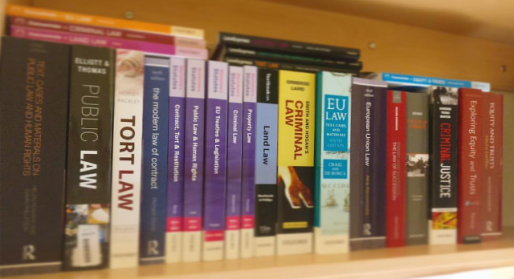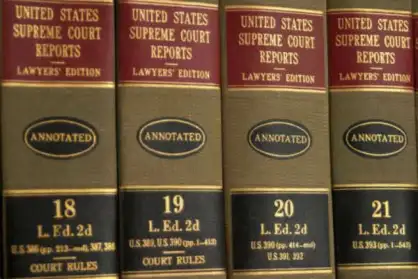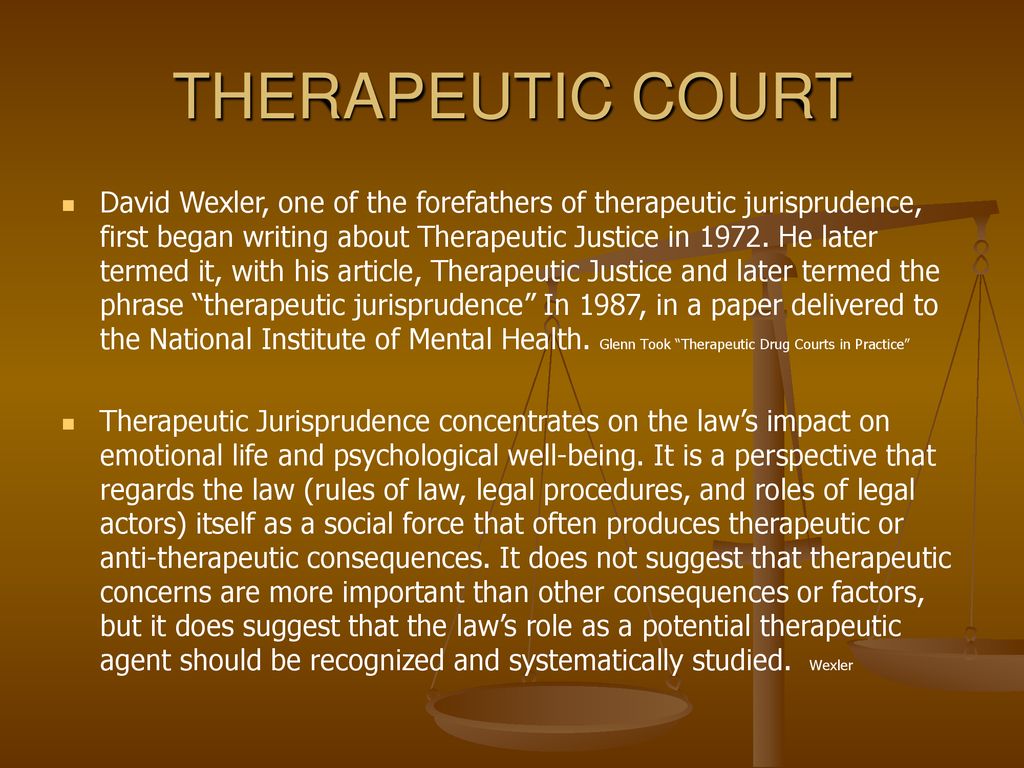Faculty of Law
Department of Law
The following Lawyers and Law Scholars with another fifty members of the Legal Board of Lifeboat Foundation regularly discuss legal matters on Cyber Law, Cyber Security including the legal implications of proposed solutions and existential risks associated with AI and Nano Technology.
- Chid S. Iyer, M.S.Ch.E, M.S.C.S., J.D.
- Eric E. Johnson, J.D.
- Sagi Kfir, J.D.
- David R. Koepsell, J.D., Ph.D.
- Chrissie Lightfoot, LLM
- Veronika Lipinska, LLM
- David M. Long, J.D., CAMS, CFE
- Stephen M. Maurer, J.D.
- John O. McGinnis, M.A., J.D.
- Mallory E. McLaren, J.D.
- Sharron L. McPherson, J.D
- Marc Maurer, J.D., Hon L.L.D., Hon Litt.D., Hon L.H.D
The Faculty of Law with a special emphasis on THERAPEUTIC JURISPRUDENCE, provides high-quality advanced legal education and education in human rights, comparative constitutional law, and international business law. Its programs are among the finest enabling students to obtain a solid grounding in fundamental legal concepts in civil law and common law systems and to develop unique skills in comparative analysis. Our students are encouraged to see complex legal and social problems in their broader context and seek solutions across continents and disciplines.
We also provide an opportunity for students to become familiar with Therapeutic Jurisprudence which is an interdisciplinary field of philosophy and practice that examines the therapeutic and anti-therapeutic properties of laws and public policies, legal and dispute resolution systems, and legal institutions. It values psychologically healthy outcomes in legal disputes and transactions, without claiming exclusivity in terms of policy objectives.
We are happy to announce the new LLM Master of Laws and PhD Doctor of Philosophy (Law) programme . The one-year course offers highly qualified and intellectually outstanding students the opportunity to pursue their legal studies at an advanced level in a challenging and supportive environment. We also have several basic and advanced Diploma courses lined up for students, corporate sector employees and the general public.
An LLM, From Azteca University, North America is a degree awarded to those already holding a professional law degree, who have completed advanced education and research in a particular area of law. Lawyers may choose to pursue LLM programs to gain expertise in a specific sector, for career advancement, and to build a professional network.
Doctor of Laws, (LL.D.) Degree in the discipline of Law is available for those who already have a PhD in Law whose work and research have made distinct contributions to the advancement of knowledge. Minimum 2 years post Ph.D. teaching experience and has published 10 research papers indexed journals as first author or corresponding author.
HEAD OF INTERNATIONAL THERAPEUTIC JURISPRUDENCE CENTRE AND LEGAL RESEARCH
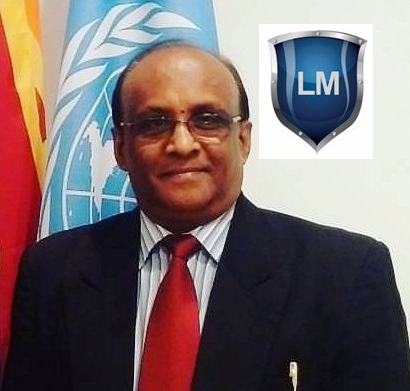
Senior Professor Lakshman Madurasinghe is the Senior International Governor Legal AUGP USA : Global Legal Advisor Vaamaa Forex Holding LLC – The Pintus Group. He is the Chairman Medicina Alternativa, and Global Consortium of Science and Technology. He is a Senior Full Professor at Azteca University, North America and Vice President Legal at AUGP Consultancy LLC , Albany, USA.
Prof. Lakshman Madurasinghe MSc., PhD., DBA., DSc., LLD., D Litt (USA), LLB., PGC Comparative Industrial Relations (Japan)., Attorney-at-Law., Senior Scholar Institutio Balear de la Historia (Spain)., Fellow Cambridge International Academics, Milton, Cambridge, England, is a Lawyer and a Behavioural Scientist who is a strong advocate of Therapeutic Jurisprudence with graduate and postgraduate research in law at Cambridge and Japan. Prof.Lakshman is a Member of the Academic Board of EDU.int formed by a treaty, accredited to the European Parliament. He is a Professor of Law at GUST University.
He is a Member of the International Society for Therapeutic Jurisprudence USA, Member of the World Jurist Association, Washington DC; the International Bar Association, London, Bar Association of Sri Lanka, Colombo Law Society, Chartered Fellow of CIPD London, Fellow of SLITAD and a Fellow of TBCCT London
Academic Staff
Department of Law
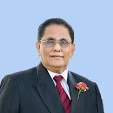
Dr. Dayantha Laksiri Mendis (Head of Faculty)
LLB (Cey)., M Phil ( Cantab), PhD., Attorney-At-Law Head of Faculty of Law

Justice Kumar Ekaratne (Head of Department)
Attorney-at-Law., BA., MSc, LLM Former High Court Judge Colombo
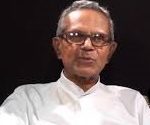
Fr.Dr Noel Dias (Senior Lecturer)
Attorney-at-Law., LLM(Lond)., M Phil (Col)., PhD (Wales)

Dr. Srinika Raigamkorale (Deputy Head of Department)
Attorney-at-Law., BAMS., LLB., LLM. Director of Examinations Sri Lanka Law College

Mahilini J Maiyuran (Senior Lecturer)
Attorney-at-Law., LLB (Hons)., LLM (Lond)., Agent for Intellectual Property Law registered under NIPO, Sri Lanka

Susinidu Croos (Senior Lecturer)
Masters in HR (Reading) (Colombo), LLB (Hon)(London), Dip in International Relations and Diplomatic Studies (BCIS) & (BIDTI), Dip in HRM (IPM), English (British Council Colombo and State of Qatar – CAE Level 1), Diploma in French (French Cultural Center State of Qatar)

Dilrukshi Somasundaram (Senior Lecturer)
Attorney -at-Law, Academic M.Phil/PhD (Reading) (University of Colombo), LL.M (Hons) (UK), LL.M (SL), LLB ( Hons) (UK)

Tanya Goonewardene (Senior Lecturer)
Attorney-at-Law., LLB (Hon)- Lond., Post Grad Dip Chartered Inst of Marketing (UK). Senior Associate Varners

Avramia Sterpi (Lecturer)
Lawyer., LLB (Hons) ( Athens Law School, University of Athens), MBA ( Cardiff Metropolitan University UK- reading)
Therapeutic Jurisprudence Centre
This Centre within the Law Faculty focuses on the promotion of Therapeutic Jurisprudence (TJ) as "the study of the role of the law as a therapeutic agent", which is a scientific movement that examines the impact of laws and legal procedures on the welfare of those that come into contact with it. The Centre is dedicated to advancing TJ by supporting legal and interdisciplinary scholarship; identifying and promoting best professional and judicial practices; sponsoring conferences, workshops, and seminars; and engaging in continuing professional education and public education activities.
Therapeutic Jurisprudence currently includes the entire legal field, but it is most developed in the areas of criminal law, criminology and family and juvenile law.
“Advanced Studies in Therapeutic Jurisprudence” is a course, designed to promote the study of Therapeutic Jurisprudence.
This course will provide an advanced study of Therapeutic Jurisprudence (the study of the role of the law as a potential therapeutic agent), its origin and development, and its reach into the world of practice. While various areas of law will be explored (general legal counseling, family law, torts etc), the focus will be on how Therapeutic Jurisprudence enriches our thinking about judging and practice in criminal law, juvenile law, corrections, and re-entry from prison into.
LLM Master of Laws and PhD
Specialist Pathways Available:
- LLM Intellectual Property Law
- LLM International Commercial Law
- LLM International Human Rights Law
Programme Structure
Programmes are structured in stages. The number of stages is based on part-time as majority of the candidates will be professionals who will be occupied with work during the weekdays. So the programme is designed to be held on Weekends specifically on Sundays via online once a week, based on the convenience of the candidates. The duration is of 1 year of study which will be detailed in the Programme Handbook.
Modules are set at a specific academic level and listed as either core (compulsory) or optional. The level indicates the relative academic difficulty which will increase through the programme. Passing modules will reward you with academic credit. The amount of credits will depend on the complexity of the module and the level of effort required, which is measured in ‘notional learning hours’.
Please note: Not all option modules will necessarily be offered in any one year. Other option modules may also be introduced at a later stage enabling the programme to respond to sector developments.
Students applying for this course must have one of the following:
- Attorney-at-Law/ first degree in at a minimum of 2:2, or an overseas qualification which is equivalent to a UK Honours degree, minimum 2:2
- A Postgraduate Diploma in Law, or other international equivalent for direct entry to the Top-Up mode.
- Other applicants may be accepted to study this programme on the basis of their qualifications and their professional experience, an interview may be required.
Constitutional Law –Course Objectives
articipants will demonstrate the following skills through the successful completion of all required coursework and assignments:
- Explain the general provisions and principles of the U.S. Constitution
- Discuss judicial review and its limitations
- Identify the elements of federal jurisdiction
- Examine the scope of national congressional power in commerce, taxing, and spending
- Discuss intergovernmental immunities
- Explain the scope of state power
- Describe the scope of executive power in domestic and foreign arenas
- Explain the substantive due process
- Discuss the procedural due process
- Examine the difference between the traditional approach to equal protection and the new approach to equal protection
- Identify the criteria for determining what groups are entitled to equal protection
- Explain the fundamental rights underlying equal protection
- Discuss the rationale behind the protection of speech
- Examine the essential provisions of the doctrine of free speech
- Discuss how the clear and present danger doctrine relates to freedom of expression
- Identify what standards determine whether a form of symbolic conduct is protected by the First Amendment
- Discuss the basics of the freedom of association and belief
- Explain how the doctrine of freedom of expression applies to the local forum, commercial speech, defamation, obscenity, freedom of the press, and political speech.
- Explain the establishment clause
- Discuss how the establishment clause pertains to public aid to religion
- Discuss how the establishment clause pertains to religion in schools and establishment outside of schools
- Examine the concept of the free exercise of religion
- Discuss the state action doctrine
- Discuss the power of Congress to enforce the thirteenth, fourteenth, and fifteenth amendments
International Law
- The Emergence of International Law, Early European Authors, The Nation-State System, The Enforcement of International Law, The Effectiveness of International Law, The Weakness of International Law, The Juridical Basis of International law, The Future of International law and Material Sources of International Law.
- Article 38 of the Statute of International Court of Justice, Primary Sources of International Law, Subsidiary Sources of International Law, International Soft Law
- Personality and Statehood in International Law, The Subjects of International Law, Recognition of State and Government in International Law, Recognition of State and Government in National Law.
- The Vienna Convention on the Law of Treaties
- Negotiation, Mediation and Good Offices, Inquiry, Settlement by the United Nations, Conciliation, Arbitration, The International Court of Justice.
- International and Non-International Armed Conflicts, Non-International Armed Conflict, ‘Combatant’ and ‘Protected Persons’, Protection of Wounded, Sick and Ship-Wrecked Persons, POWs, Civilians, Limitations on the Conduct of War, Limits on the Choice of Methods and Means of Warfare.
- The Law before the UN Charter, The Law after the Charter, The Collective Use of Force, The Right of Self-Defence.
